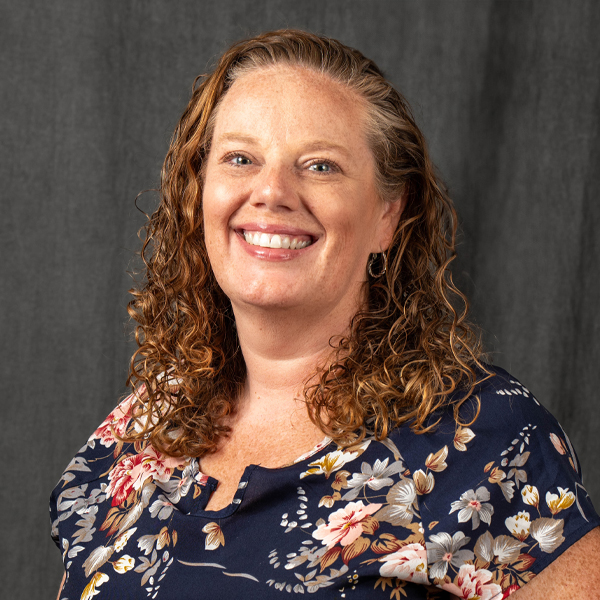Mission
The Counseling Center’s mission is to provide professional, short-term, mental health counseling services at no cost for Milligan University students, faculty, and staff as a way to further enhance Milligan’s Christian community of caring by providing a level of professional care that promotes emotional well-being, spiritual growth, academic success, multicultural diversity, and healthy interpersonal relationships. The Milligan Counseling Center mission statement supports the university’s mission: As a Christian liberal arts institution, Milligan University seeks to honor God by educating men and women to be servant-leaders.
Goals of the Counseling Center
- Provide counseling and/or referrals for personal emotional wellness and academic concerns for the university community.
- Direct individuals in mental health crisis interventions or emergency evaluations to the appropriate level of care available to the community.
- Support learning and retention of students through appropriate treatment and/or referral for emotional wellness.
- Focus on areas of prevention on campus through education, communication, and crisis intervention strategies.
What is counseling at Milligan University?
The Milligan University Counseling Center offers campus-sponsored counseling services for students, faculty, and staff. Some concerns that can be addressed by the counseling center are:
- Test anxiety and stress management
- General anxiety and fear
- Depression
- Family concerns
- Relationship concerns
- Addictions
- Spirituality
- Adjustment issues
- Premarital Counseling
- Personal Wellness
Who benefits from counseling?
Everyone can benefit from counseling at some point in their lives. Individuals may need counseling if a problem at school, work, home, or in personal relationships is causing stress significant enough to interfere with normal functioning. Students, faculty, and staff may also pursue counseling for personal growth and development, such as pre-marital counseling or personal wellness.
Why go to counseling?
The Milligan University Counseling Center offers a safe environment for students, faculty, and staff to confidentially work through personal issues; the goal is to reach a positive outcome when the counseling relationship is complete. In addition, the Milligan Counseling Center provides invaluable practicum and internship training for Master of Science in Counseling students. This experience helps prepare graduate students for licensure as professional counselors.
Where is the counseling center?
The Milligan Counseling Center is offered at the Taylor-Phillips House (next to soccer field), second floor. Counseling services are available by appointment only.
When is counseling available?
Counseling services are offered at various times throughout the week (Monday through Friday). The Milligan Counseling Center is not set up to accommodate walk-ins. Clients (students, faculty, and/or staff) should schedule appointments to ensure that they are seen in a timely manner and that the Counseling Center staff is available to assist them. Individuals are instructed to call the Milligan Counseling Center at 423.461.8500, email, or fill out the online form. Phone calls will be returned within one business day with the exception of weekends (Saturday and Sunday) and holidays, in which case phone calls will be returned by the end of the next business day.
By appointment. Please call 423.461.8500 or email.
How much does counseling cost at Milligan Counseling Center?
The Milligan Counseling Center is equipped to provide short-term counseling services without charge.
Local Mental Wellness Resources
Please contact the Milligan Counseling Center director for additional resources.
423.461.8500 or counselingcenter@milligan.edu





